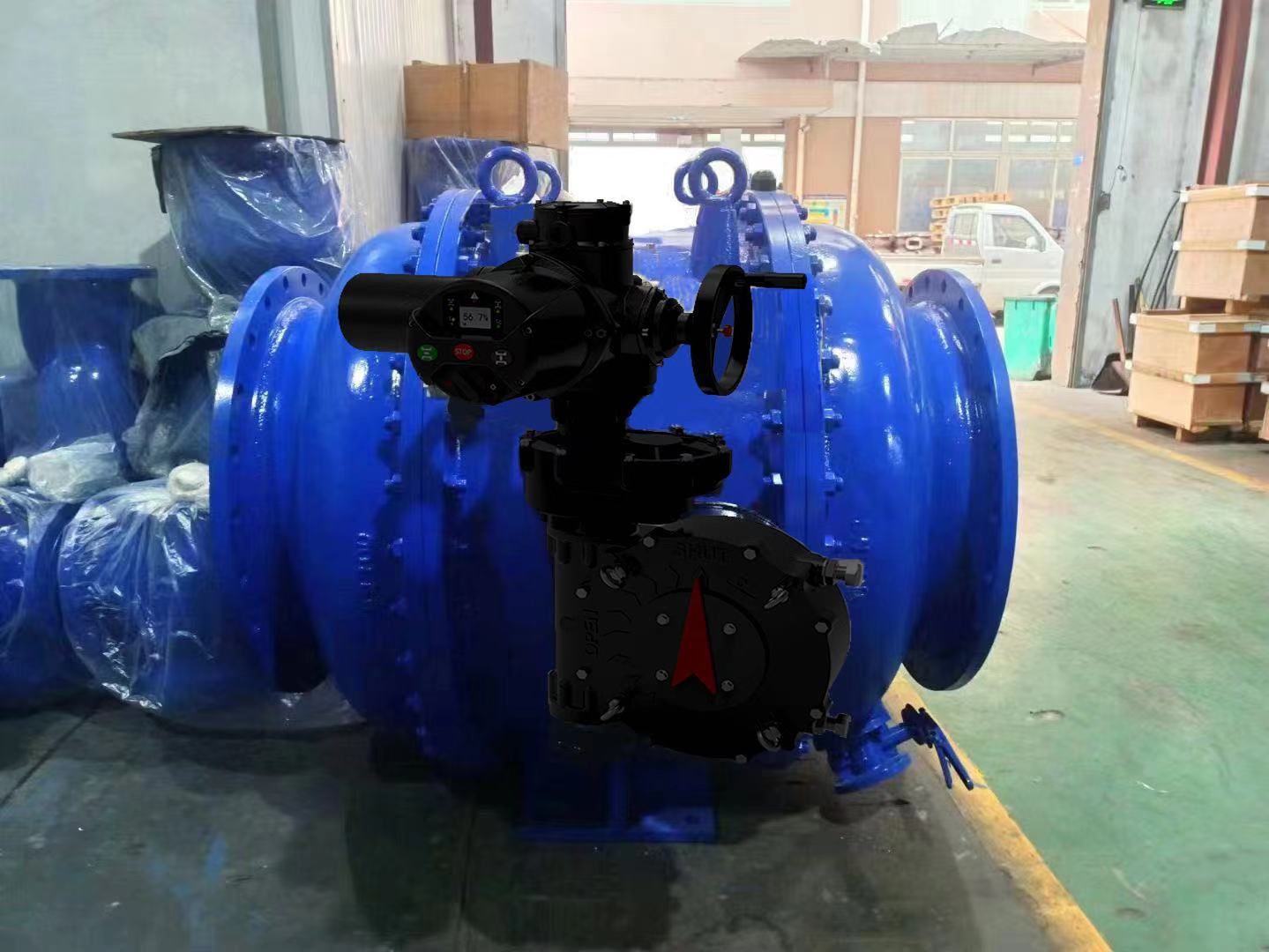
In recent years, the world has witnessed a seismic shift in the energy landscape, largely driven by advancements in lithium battery technology. This has not only reshaped the automotive and electronics industries but has also given rise to what can be described as the "Lithium Battery Electric Warlord." This term encapsulates the powerful and influential entities—companies, innovators, and nations—that are shaping the future of energy storage and electric mobility. As we explore this new era, we must examine the implications of lithium battery technology on various sectors, the challenges faced, and the potential for a sustainable future.

The Foundation of Lithium Battery Technology
Lithium-ion batteries have become the cornerstone of modern energy storage solutions. Their high energy density, lightweight nature, and ability to recharge quickly make them the preferred choice for a wide range of applications, from smartphones to electric vehicles (EVs). The development of these batteries began in the 1970s, but it was not until the late 1990s that they became commercially viable, thanks in large part to companies like Sony and Panasonic. Today, the technology is at the forefront of the electric vehicle revolution, with industry giants such as Tesla, BYD, and Nissan leading the charge.
